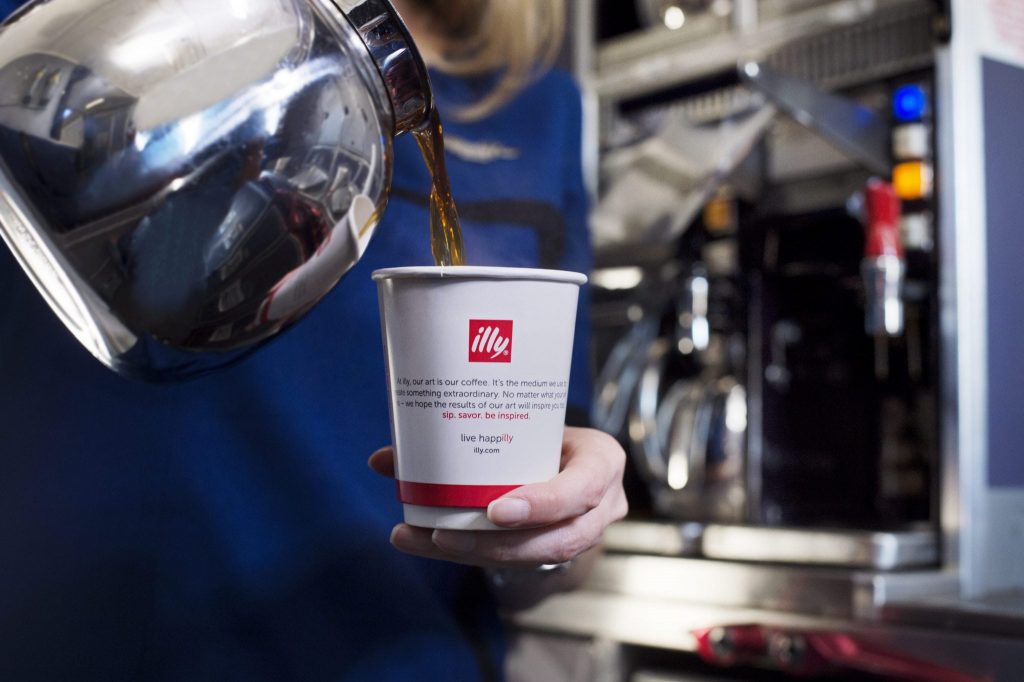U.S. Airline Employees Brace for Furloughs

Skift Take
U.S. airlines hoped they had stopped the boom-and-bust cycle. And they may have been OK in facing a traditional recession. But coronavirus is something else altogether. With few people traveling, airlines may need to reduce their staffs.
No U.S. airline has contacted the nation's largest flight attendant union about employee furloughs, but some members are beginning to see a request as inevitable after major U.S carriers moved Thursday to slash European flights as the coronavirus crisis heightens, said Sara Nelson, president of the Association of Flight Attendants-CWA.
"People understand that there is a real threat to the industry here," Nelson said in an interview. "It is a real short trip from there to being worried about their job."
Major global airlines are big bureaucracies, and it can take awhile to go into severe cost-cutting mode. But eventually, U.S. carriers no longer will be able to pay employees not to work and likely will need to cut jobs, just as they have during other times of uncertainty, including after 9/11.
Airlines generally cannot permanent
